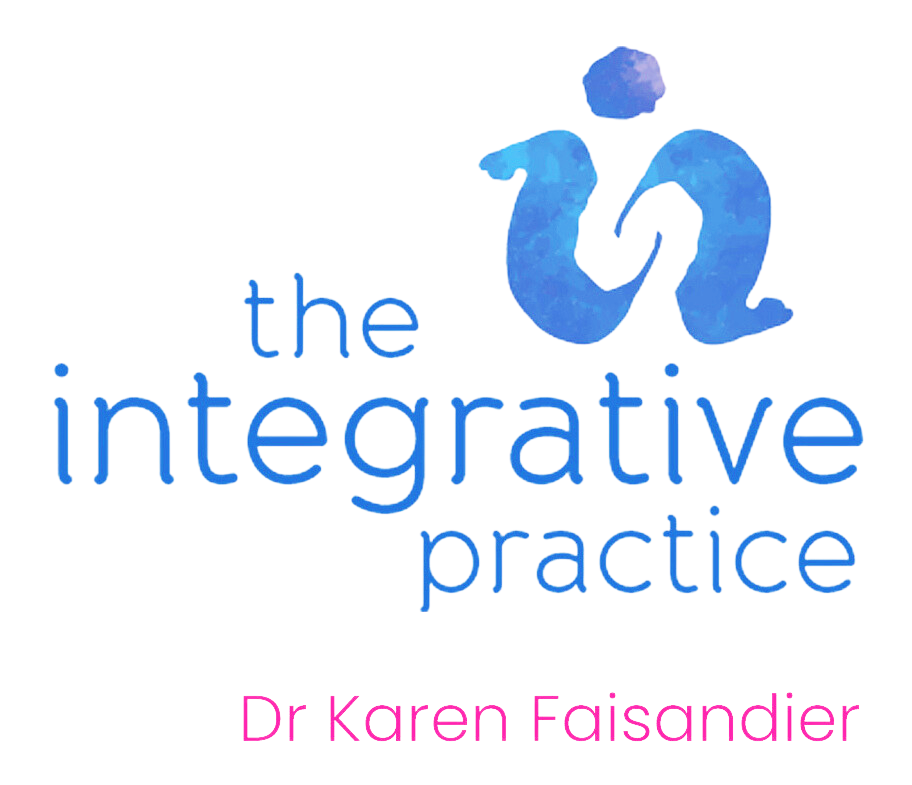Fight-or-Flight: When “Being Kind” Goes Offline & What To Do About It
As a Clinical Psychologist working through the global pandemic the widespread trend has been anxiety, uncertainty and fear. Early 2020, when I had to close my books and not open them again due to demand for psychology services, I wondered if there was anything I could offer to help anyone through this extraordinary time of pervading threat. Two years on, I got clarity on this when I discovered one vital psychological concept to understand our reactions and the division in our relationships and communities - something called the “behavioural immune system.”
The behavioural immune system (BIS) that I’ve previously written about is one of the evolutionary strategies we have evolved to avoid infection. Only, instead of white cells and antibodies, it drives us to avoid people who might be infected by eliciting feelings of disgust, fear and rage in response to signs of infection. It’s a great first strategy because it works to prevent exposure to infection in the first place, thereby keeping our biological immune system as a backup system and preserving our costly physical reserves.
The fascinating thing about this involuntary system is that it can be switched on by different signals depending on the level of fear of the pathogen and the individual's perceived vulnerability to it. For many people, the fear or disgust response is switched on in response to the threat of the virus but, for others, the adaptive emotions are switched on by the prospect of vaccination. This is not entirely surprising as vaccination involves piercing the skin and injecting a foreign substance, which has been found in studies to be an “infection cue” for some people (Solak et al., 2021). So here we have at least two groups (people fearing the virus, and people fearing the vaccine), within the same pandemic - each responding with a threat response and viewing the other as the enemy. Because the tendency to form in-groups or out-groups is also a feature of the behavioural immune system.
Physiologically, when under threat, we each go “up the ladder” into a fight-or-flight response. Fight results in anger and movement towards a threat (e.g., yell or fight) while flight involves panic and avoidance of the threat (e.g., go quiet or run). Both have the same aim – to reduce the threat and survive. Blood flow to the rationale frontal lobes is reduced when in either state meaning that our emotions can take control of us. This occurs unless we become self-aware and grow the skills to go back “down the ladder” and regulate our nervous system.
In a recent article about how MIQ made kiwi’s mean it was quoted that “Experts say the vitriol stems from fear, while the people it’s levelled at say it comes from a lack of compassion.” Yet according to fight-or-flight, fear and compassion are psychologically and relationally at odds.
It is a function of the threat system when activated to block curiosity, openness, compassion and empathy – these exclusively occur when we feel safe, calm, and connected – or if we learn to regulate our fight-or-flight.
It's hard to calm fight-or-flight when there have been so many reminders of the omnipresent pandemic threat and all the changes to our everyday lives - and all the while our behavioural immune system is being cued. After near two years of these repeated bursts of adrenaline and cortisol now “game day” is here. For the first time in Aotearoa, Covid is in the process of fully sweeping through with the Omicron variant. However, many of us unfortunately are jaded, depleted, disconnected, and disillusioned from a nervous system that has been accelerated too often for too long. It makes sense that many of us now react quickly with fight-or-flight – or that some have moved even further up the ladder into a freeze response of complete overwhelm or feeling numb and unable to care. Here, there is little tolerance for anyone perceived to not be on your team.
Getting the brakes on fight-or-flight is crucial if we want to preserve our relationships and help our country through to the other side of the pandemic. Remaining in a reactive state perpetuates panic, fear, anger and rage, or leads to a numb shutdown where feelings like shame prevail. It’s also not great for our health.
One solution? To become self-aware when you are in the not-entirely-rational state of the activated behavioural immune system. And to recognise when others are in the same state. Calm fight-flight-or-freeze by coming back to the present moment, use your breath or senses to regulate your nervous system, and then - from this more calm and open state – respond.

